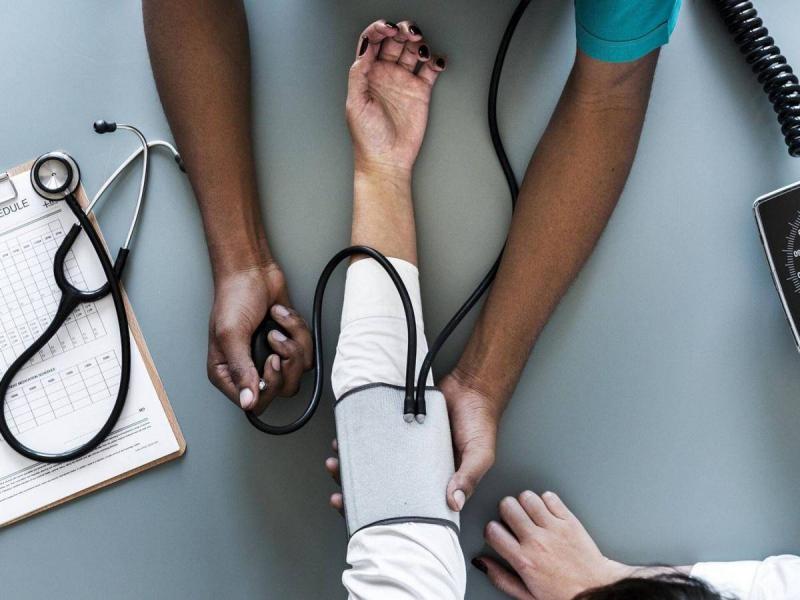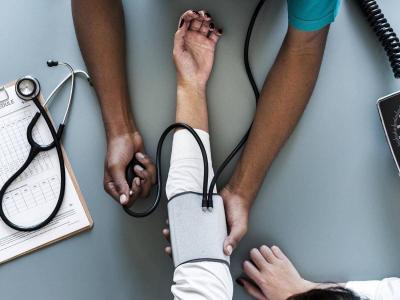High blood pressure is famously known as the "silent killer" because it shows no symptoms at all. As a result, a person may feel perfectly fine only to suddenly discover they have high blood pressure. High blood pressure can lead to fatal conditions such as heart attacks, strokes, and kidney disease without causing any symptoms, according to Dr. Taskin Khan, an official at the World Health Organization's cardiovascular disease division.
Dr. Taskin Khan explained in an interview with Vismita Gupta Smith, as part of one of the "Science in 5" episodes broadcasted on the World Health Organization's official platforms, that high blood pressure is, in fact, a very common condition affecting one in three adults worldwide, but only one in five patients can manage their blood pressure effectively. She noted that the World Health Organization believes that 76 million lives could be saved by 2050 if rates of high blood pressure management can be increased globally.
Regarding what exactly happens in the human body when someone has high blood pressure, Dr. Taskin explained that there are vessels in the body called arteries, which carry oxygenated blood to the body’s organs. When high blood pressure occurs, it thickens these arteries or makes them stiff, or may cause small clots to form. These clots can actually travel to the heart or brain and cause heart attacks and strokes.
**4 Important Tips**
Dr. Taskin emphasized that the first step is to seek medical care and go regularly to a doctor if diagnosed with high blood pressure, taking medications as prescribed. She pointed out that the World Health Organization includes really good recommendations in its guidelines.
There are also lifestyle changes that specifically involve smokers quitting smoking and reducing sodium or salt intake in their diet, coupled with getting good sleep and certainly reducing feelings of stress and anxiety.




